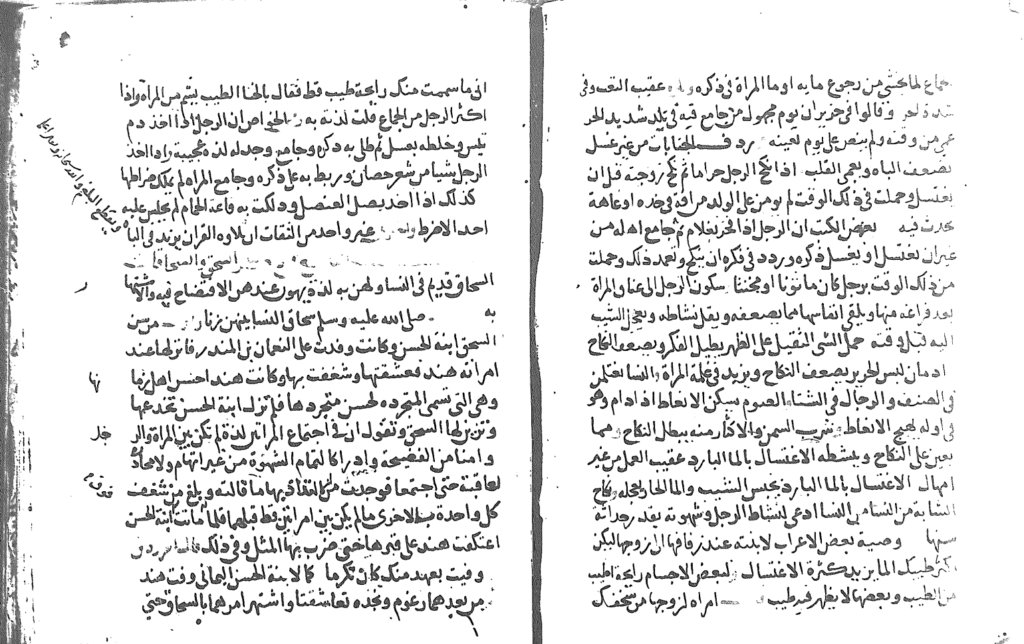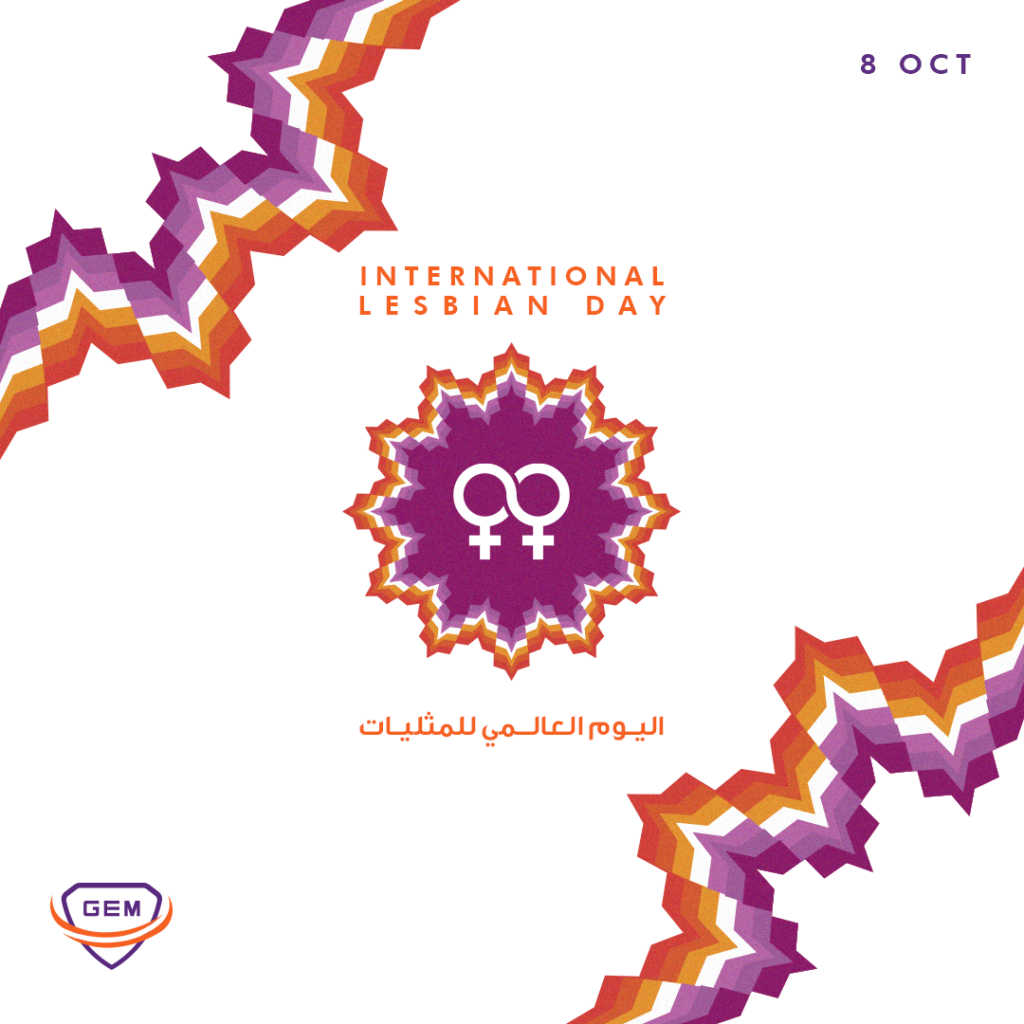Throughout history, we have often looked back at a rich record of developments and changes that have shaped our world today. Revisiting history encourages us to critically and objectively examine many truths that are still framed as “controversial issues.” In this report, we take a brief look at an aspect of the lives of lesbians in past eras, as covered in Arabic literature.
This coverage was not entirely negative, but neither was it entirely positive. For example, Ahmad al-Tifashi, in his book “Nuzhat al-Albab fima la Yujad fi al-Kitab” (The Delight of Hearts Concerning What Cannot Be Found in Books), dedicated an entire chapter to lesbianism among women, titled “In Praise of Lesbianism and a Defense of It.” He followed it with another section titled “In Condemnation of Lesbianism.” Dr. Samar Habib, a scholar specializing in literary, social, and gender studies, is considered one of the most prominent voices who spoke about the history of lesbianism among Arab women in a more “positive” light
The 13th century… “Warda AL-Sohhaka” and Bold Expression:
Rarely did Arabic poetry, classified under erotic literature that explicitly expresses and depicts desires, address the sensual state between lesbians during sexual activity. However, we do find instances where this state is conveyed, as in the case of an Arab lesbian poet named “Warda.”
Al-Tifashi, from the 13th century, quotes a poem by the poet “Warda,” whom he refers to as “Wardat AL-Souhak” in his book. We quote the following excerpt from the poem:
“Then when our chests pressed against each other, and our breasts embraced, and our vulvas intertwined, each trembling upon the other until our breaths grew heavy…”
In the same book, we find another story narrated by Al-Tifashi:
“I once saw a woman from among them in Morocco, who had great wealth and vast property. She spent her abundant wealth on her female lover. When it was all gone and people criticized and blamed her, she transferred all her property to her, amounting to five thousand dinars.”
Love and loyalty stories between lesbians in the pre-Islamic Arab region:
Ibn Fulyatah, the author of “Rushd al-Labeeb ila Mu’asharat al-Habeeb” (Guidance for the Wise on Intimacy with the Beloved), also documented lesbian experiences among Arab women, stating:
“Lesbianism has long existed among women, and they derive such pleasure from it that the shame and exposure of it become insignificant to them.”
He also conveys to us one of the most beautiful love stories between two Arab women from the 5th century AD, involving the daughter of Al-Hassan Al-Yamani and Hind, the wife of King Al-Nu’man bin Al-Mundhir. He says:
“The first to establish lesbianism was the daughter of Al-Hassan Al-Yamani, who visited Al-Nu’man bin Al-Mundhir and was hosted by his wife, Hind. Hind fell in love with her and became deeply infatuated.”
“When the daughter of Al-Hassan died, Hind secluded herself at her grave, and their love story became a famous example.”
We also infer this story from the following verse by the famous poet Al-Farazdaq: I fulfilled a covenant from you that was generous, just as Hind fulfilled a covenant with the daughter of Al-Hassan Al-Yamani.

Buthl… The Woman Credited with Preserving and Composing Songs:
One of the most famous figures from our history is the singer “Buthl,” a composer and performer renowned in her time. Experts say she played a significant role in documenting, preserving, and composing much of the music and songs of her era. This figure is also mentioned in Abu al-Faraj al-Isfahani’s “Kitab al-Aghani” (The Book of Songs). Ibn Fulyatah records her conversation with the Abbasid Caliph al-Ma’mun, which heightened suspicions about Buthl’s gender identity. During a gathering with the Caliph, she sang:
“Is there anything sweeter than a promise?”
But she altered it to:
“Is there anything sweeter than lesbianism?”
In this context, Dr. Samar Habib, a specialist in social and gender studies, expressed her belief in a 2008 lecture that Buthl was a lesbian. She stated, “Not because I want her to be so, nor because I am imposing the values and concepts of our time onto the past, but because Al-Isfahani refers to her as ‘zarifa.’ The term ‘zarif’ was commonly used in ancient Arab cities among Arab lesbians, and it meant ‘lesbianism.'”
What has been presented leads us to raise further questions and consider additional factors when addressing the “documentation” of Arabic poetry on homosexuality in general. This is especially true regarding the biases and social frameworks of the writer. Various religious, social, and cultural influences can significantly affect how the topic is presented and discussed.

